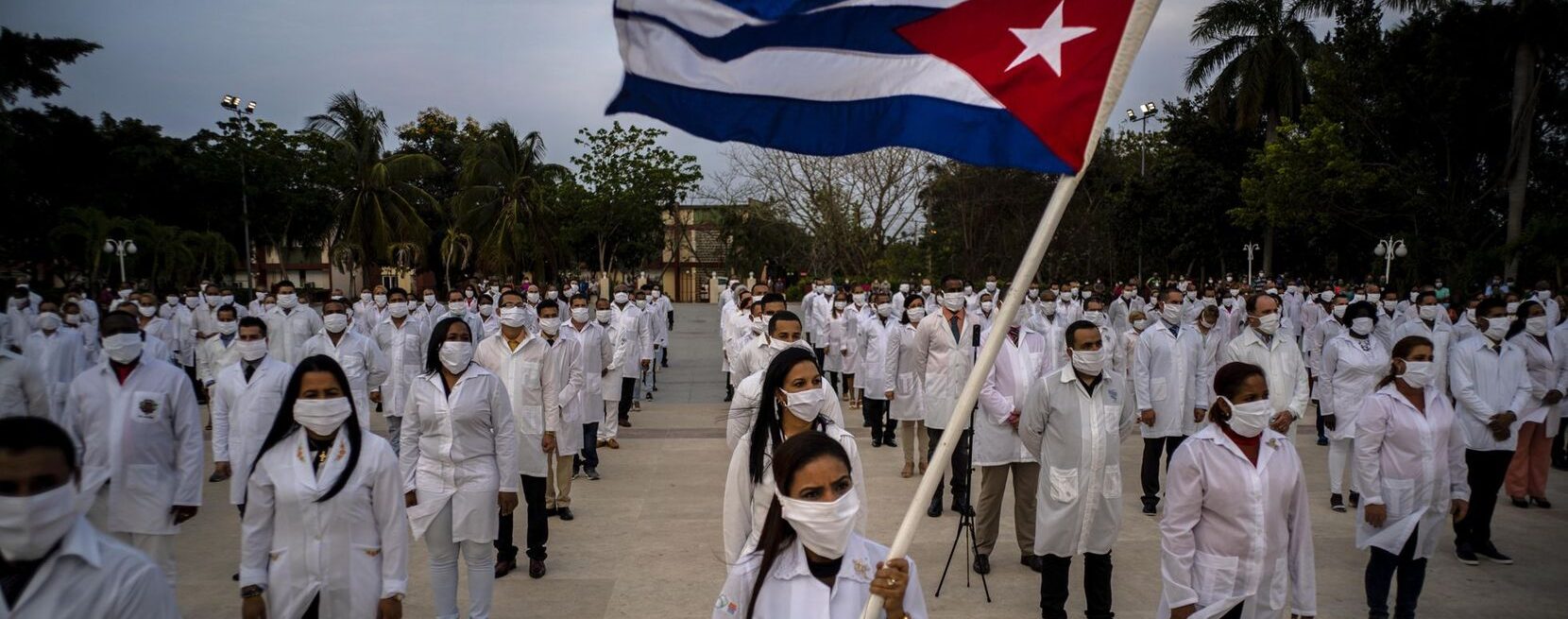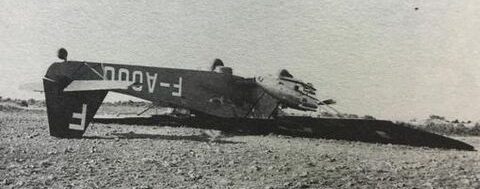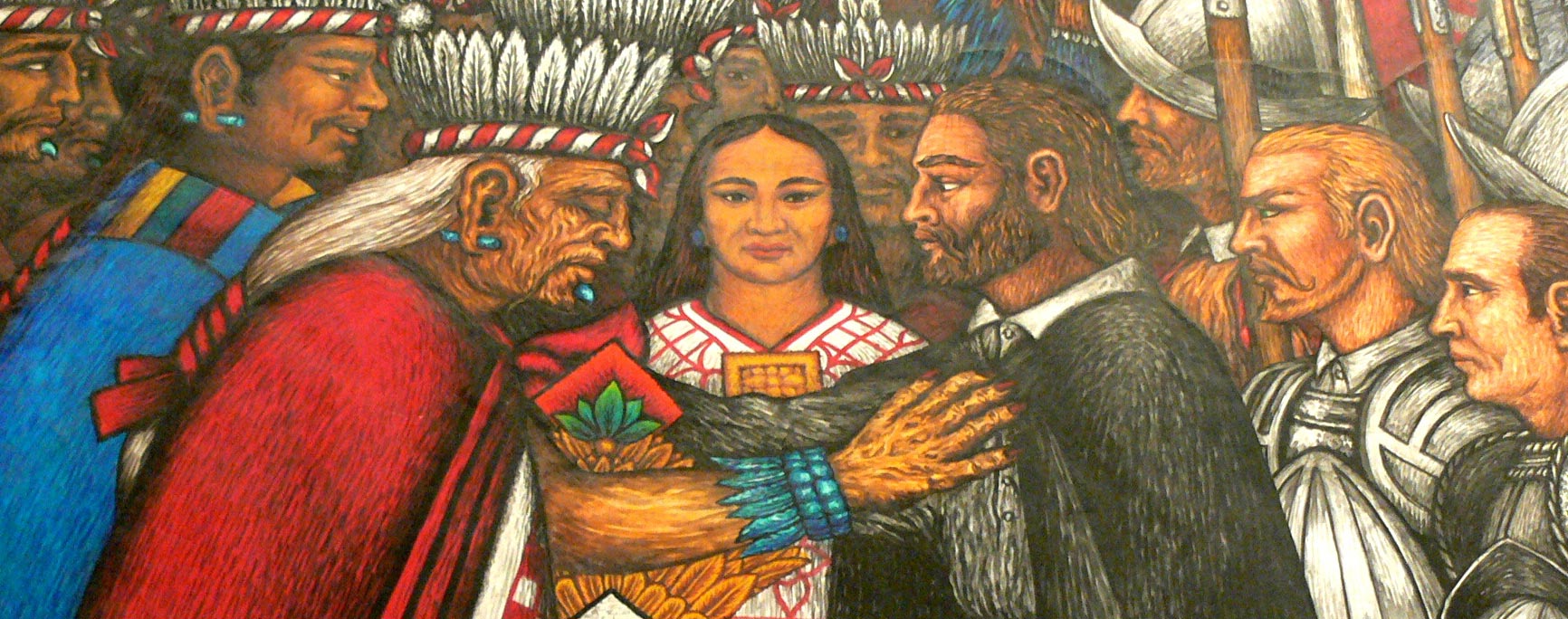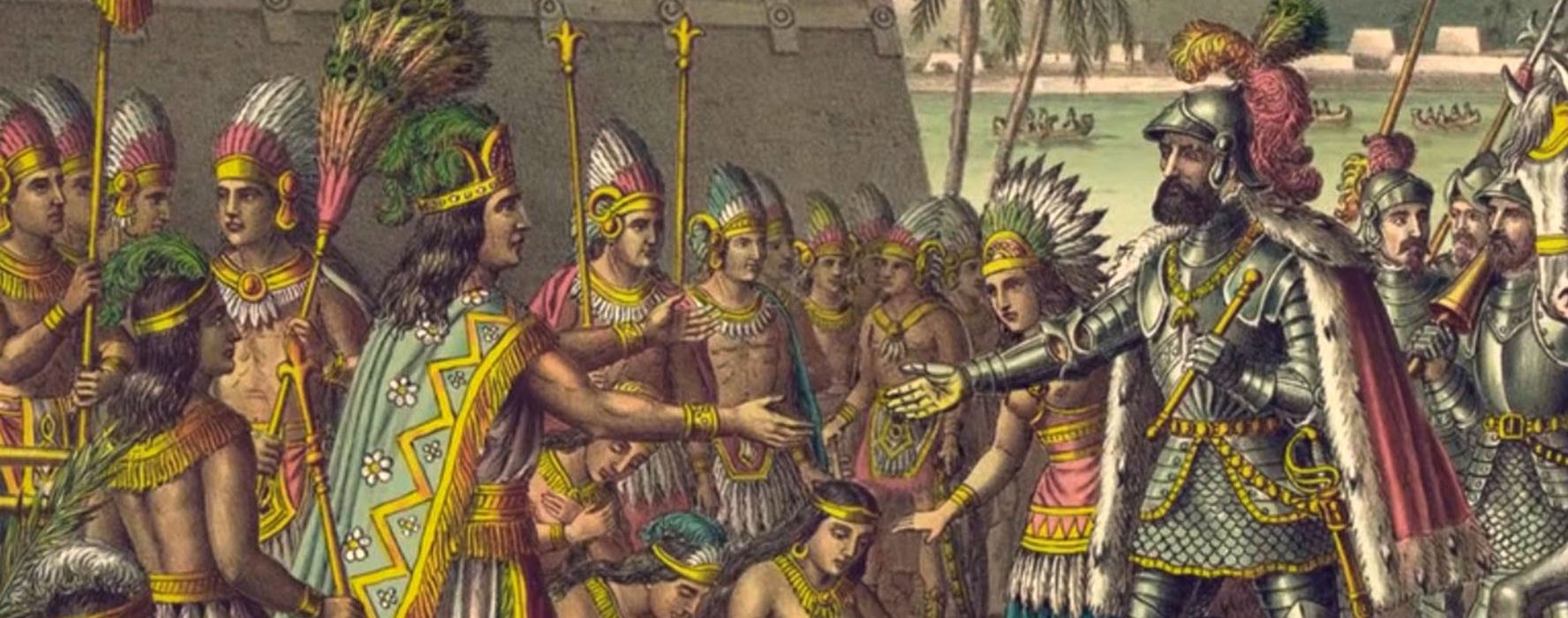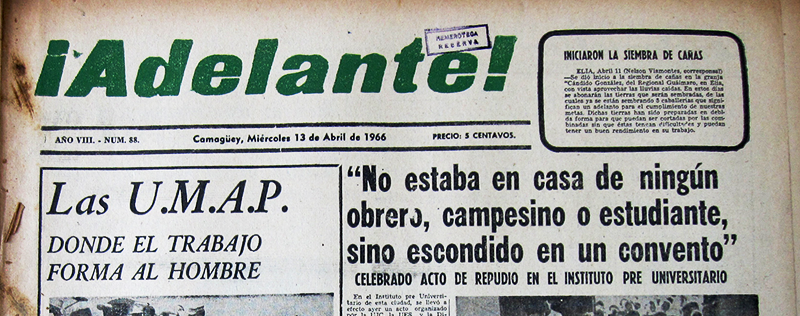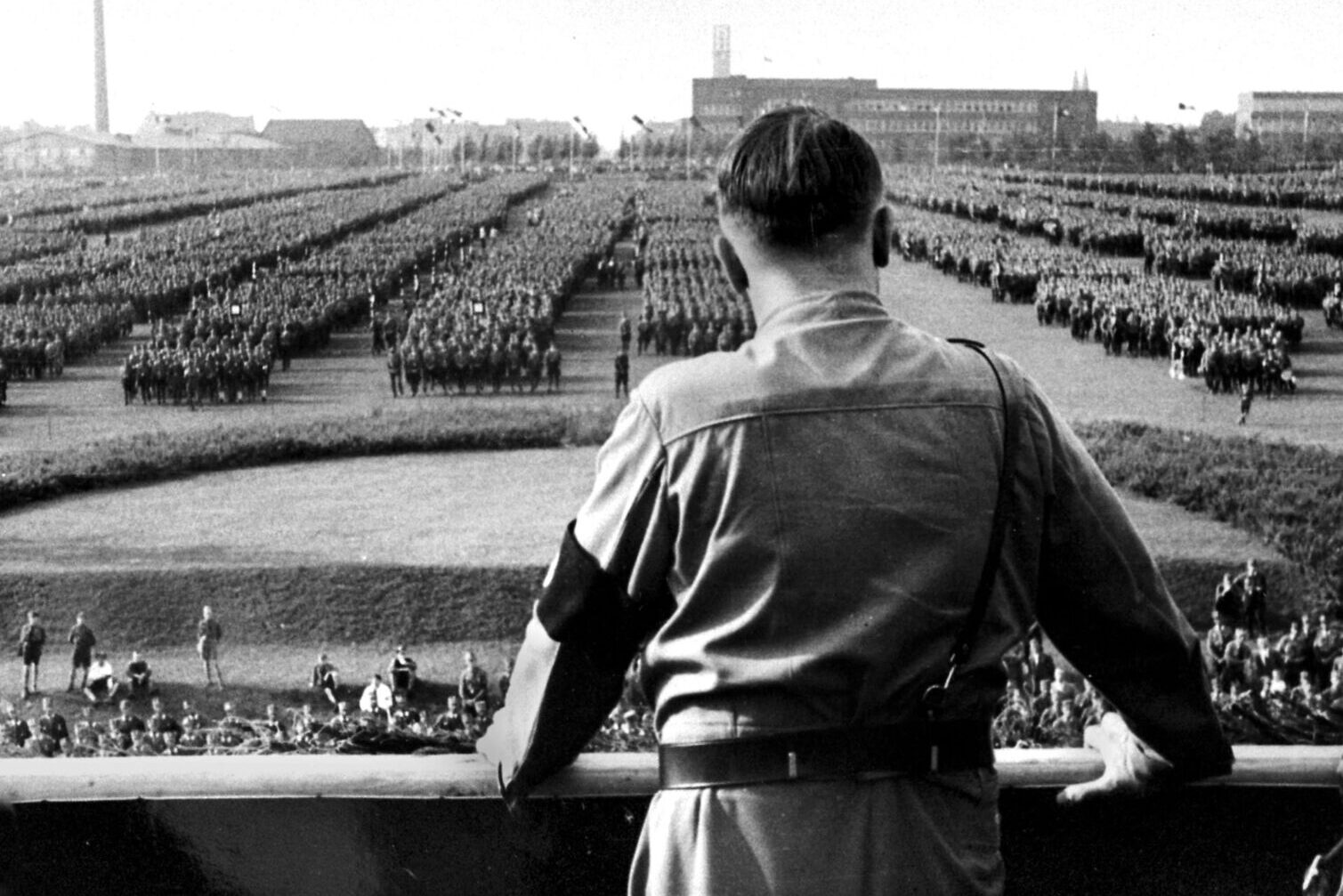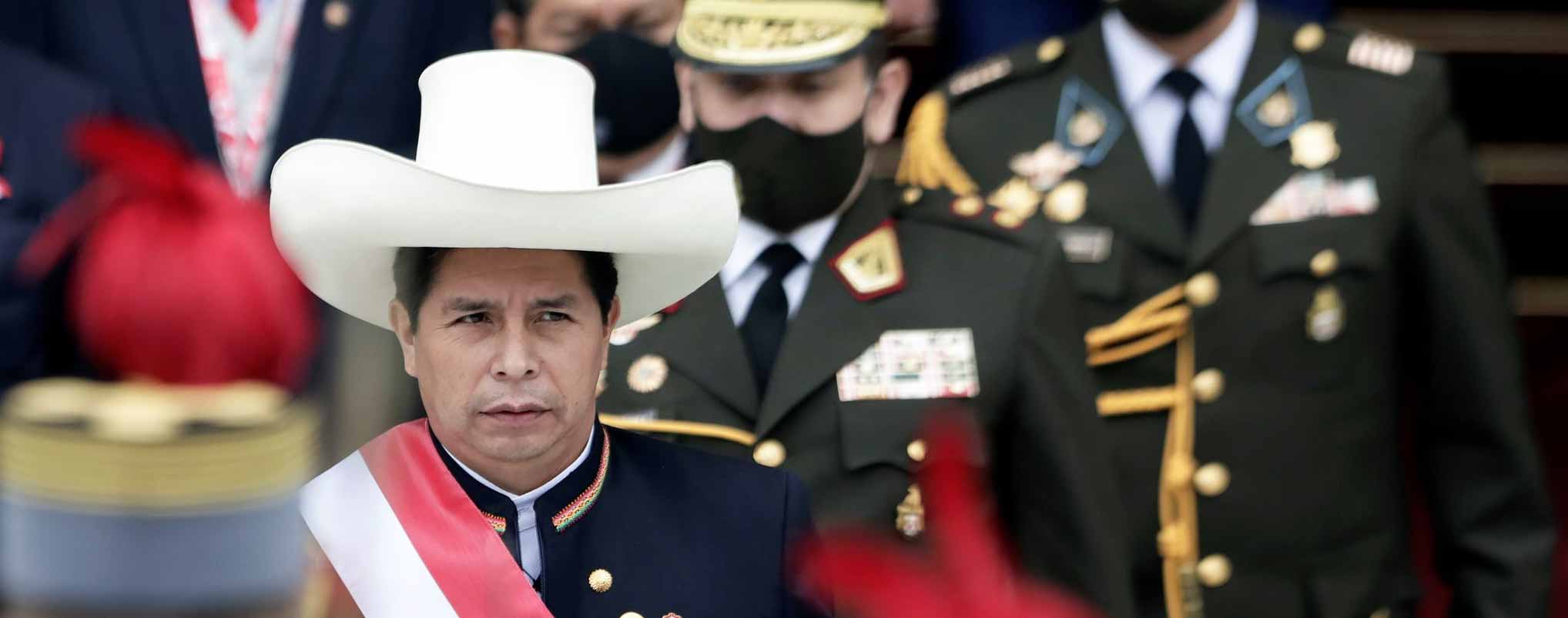Source:Libertad Digital
Aliocha and Yamilka had to be separated from their children when they were still very young to go on a ‘mission’ to Venezuela, where they were harassed and harassed.
More than 50,000 Cubans – the real figure is thought to be as high as 100,000 – are exploited by the communist regime in the so-called “internationalisation missions”. Civilian professionals (doctors, teachers, engineers, etc.) are sent to work outside the island in conditions of real slavery. Around 85% of their salaries are taken, their passports are taken away and they are closely watched, as if they were prisoners. Many of them even report abuse, harassment and mistreatment.
The first of these missions left Cuba on 23 May 1963 for Algeria. This expedition, made up of 54 health workers, was sold abroad by the dictatorship as a disinterested and unprecedented humanitarian aid shipment, as can be seen on the Ministry of Public Health’s website. A romantic and altruistic image that has little to do with the reality experienced by the Cubans who go on mission, as explained by the two doctors to whom LD has collected testimonies.
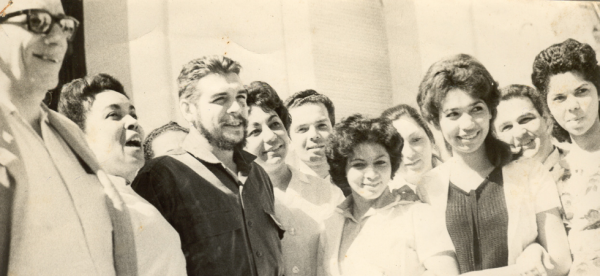
Che Guevara with a medical brigade sent to Algeria.
The story of Aliocha Batista and Yamilka Izquierdo is particularly interesting because, for a long time, those who went to work outside the island – always under the iron control of the dictatorship – were the medical doctors. They were known as “medical brigades”. The regime used them – and uses them, as it has done during the pandemic – to propagandise and feed the false myth of Cuban healthcare.
These missions have reached 163 countries, according to data from the Pan American Health Organisation (PAHO). But in 2003 there was a special campaign to Venezuela. It was precisely there that the two doctors who now want to share their story were there, in the hope that their grain of sand will help to bring about “change”. “I believe that this regime is coming to an end, people are waking up. Those who are blind are dying, the people who can’t see anything else, and a group of young people is rising up and changing the country”, Aliocha says.
They managed to escape. Today, they live in Bogotá (Colombia) and Virginia (United States), respectively. But even today, they remember the mission years with great anguish. They were separated from their families. In both cases, they had very young children. They were harassed, mistreated, humiliated… And, once they managed to escape from that hell, they continued to try to punish them, making it difficult for them to get their papers.
Hunger, abandonment, shootings and assaults
Aliocha Batista’s story could well be used to write a film script. She is a specialist in family medicine, worked as a university professor at the Calixto García Faculty in Havana and became head of the Department of Basic Sciences. She went on mission twice, both times to Venezuela. “I was one of the first doctors to go there”, she says.
The first time was in 2003. She stayed for four years, and the experience was very traumatic. She was forced to be separated from her daughter when she was just a baby. She was not yet nine months old. During the first year in Venezuela, she was not allowed to return even once. “It was very hard, it was very hard what we lived through”, she insists, “we experienced a lot of harassment from the mission management. It was terrible, terrible… Harassment of all kinds: psychological, pressure, sexual aggression…“. The worst thing that could happen to you was “a coordinator falling in love with you”. “You were sent to the worst place of all if you didn’t comply”, she adds.
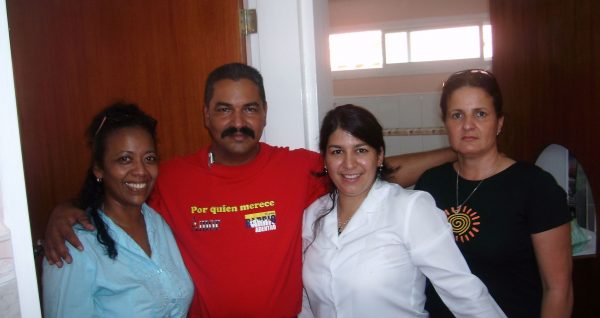
Dr Batista with her fellow colleagues in Venezuela.
On the other hand, mission workers lived in deplorable conditions. They received no health care when they needed it, went hungry and lived in fear. “We were released into neighbourhoods where there was a lot of danger”, she says, without worrying about anything else. “Shootouts would break out. We practically slept on the floor, you couldn’t sleep in bed in case a shot went in”, she explains. The only thing they checked was that they didn’t escape or engage in personal relations with nationals. “They came by just to see if we were leaving or if we had a Venezuelan boyfriend”, she explains.
They stayed with families there. In the first house Aliocha stayed in, with her group mates, they went “quite hungry”. “We lived in a house with a woman and her husband. They had four children and only she worked, in a hairdresser’s. They ate all the food we bought”, she says. “I lost 10 kilos in three months. I did more forced dieting than I have done all my life”.
Chávez’s death saved her life
According to Aliocha, “the most traumatic event was the terrible threat I received on the second mission”. It all began when in 2007, on her return, she decided – together with her husband – to leave Cuba. He was a Christian missionary and “the Church was opening up an opportunity to work with new tribes”. They had to try to take advantage of this circumstance, although they knew it would not be easy. We are prisoners of the empire, prisoners of them, of that communist dictatorship”, she says.
So they made the arrangements “without anyone knowing, everything well hidden”. Her husband managed to leave with this “invitation from the Church” and then “asked for the children to go”, who were able to join their father during a holiday period, on 21 August 2012. From then on, she – still in Cuba – had to pretend that everything was normal and that they were going to return. And so it went on for eight months. “It was the most terrible experience of my life. I started with high blood pressure, all because I had to live a double life”. She was being watched. “They would visit me at home”, she says.
They must have been suspicious, because the Cuban government delayed the departure of her second mission as long as possible. In 2013, when she finally arrived in Venezuela – this time she wanted it badly – she asked for a transfer. She was in Maracaibo and wanted to go to Monagas, to be near her family. But they found out, threatened her with “ending of mission” and taking away her passport. She could not even leave the house where she was staying. “I was a possible deserter”, she explains.
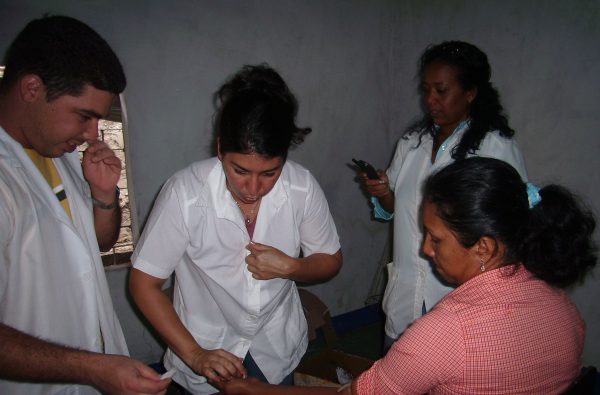
Aliocha attending to patients during her mission in Venezuela.
The situation had become very complicated, but a stroke of fate changed her luck. “The only thing that saved me was that Chávez died”, she exclaims. It was 5 March 2013. Chaos took over the city. She was locked up in one of the houses that housed Cubans on mission. It had a grille and she thought there was little she could do. But “an angel” of flesh and blood helped her. He was a teacher. “He left the key”, she says. “I think he did it intentionally, although he didn’t tell me straight out”.
At that point, she made her escape. First, he had to find out which key in that bunch opened each of the three padlocks. And to do so “without making a fuss”, it was about four o’clock in the morning. When she managed to get out, there he was…. Looking at her. “He didn’t see me off or anything, but he really was an angel”. So she ran out, jumped over a two-metre fence, climbed over the spiked bars… And she was able to escape.
She was picked up by one of the pastors who worked with her husband. He took her to his house, provided her with what she needed and got her a bus ticket to Caracas, where two other sisters from the church were waiting for her. They took her to a house where she was reunited with her family and hid for three months. After that, she began the procedures to legalise her situation. It was an odyssey that could be the subject of several chapters of a book.
Without having resolved the issue of “the papers”, they had to leave the country. “People on the left began to threaten the Cubans who were there”, for trying to warn them. “We took it upon ourselves to say that Venezuela was going where Cuba was” and they thought that “we were spoiling the revolution over there”.
Her husband was even kidnapped. They even “shot at him three times”, she says, but “thank God, that gun jammed and, because of my family’s shouting, many people came to help us”. “The Lord didn’t allow it”, she says. But they feared for their lives and left. “Since last year, we have been Colombian political refugees, both from the Maduro regime and the Castro regime”.
Exchanging doctors for oil
Yamilka Izquierdo is 49 years old and a specialist in integrative medicine. Like most of her university classmates, she left on a mission as soon as she graduated in 2003. Cuba had become a kind of exporter of doctors and did whatever was necessary to comply with the agreements reached with countries like Venezuela, with which it exchanged doctors for crude oil. “The mission was in need of more doctors and graduated that class of specialists at an accelerated pace“, he says.
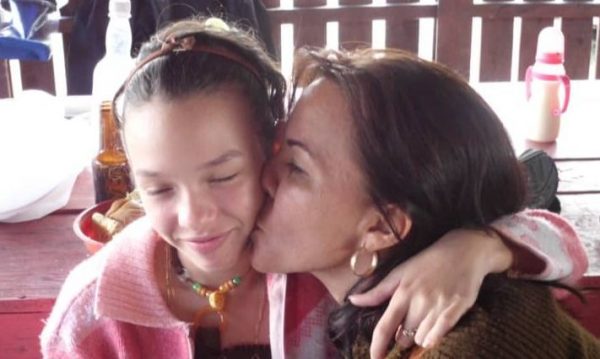
Yamilka visiting her daughter, during the mission in Venezuela (2011).
At first, she was not forced. She left because she found “no better solution”, given the situation on the Caribbean island. But the price was too high. “I left my very young daughter, aged three, with her father. I spent 10 long years in and out of the country. Every time I decided to finish the mission and return to Cuba, the economy was worse and there was no choice but to leave again”.
“My daughter grew up without her mother by her side”, she laments, “and that is a reality for thousands of Cubans. Not only mothers, but also fathers.” On the other hand, while she was on the mission, her mother passed away. She was unable to say goodbye. “When I was able to enter Cuba, she was already dead. In addition to the personal cost, the work was not very encouraging, given “the persecution by members of the Cuban security forces in Venezuela”.
The doctors were under a lot of pressure to make the figures add up. The dictatorship was fattening the bill and they had to make the necessary adjustments so that it didn’t show. “They had to be trying all the time to make sure the statistics matched the data expected by the mission’s headquarters”, she explains. “Venezuela’s payment” depended on them.
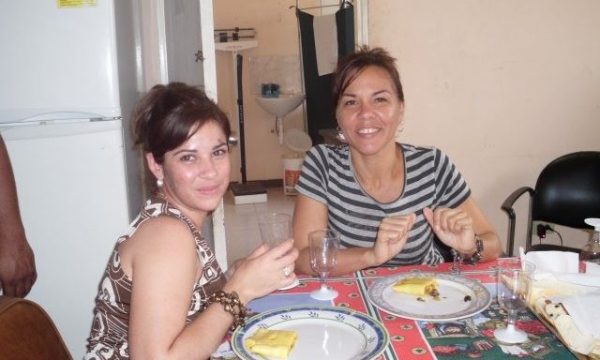
Yamilka and her flatmate in a neighbourhood module installed in Venezuela.
Nor was it easy to “live with the nationals” until – years later – “the modules” were created. There were “conflicts” and even “aggressions”. And this led to continual relocations. After 10 years of this tension, Yamilka decided to leave the missions and study a new speciality, to start a new life. But the communist regime had other plans for her.
“I wanted to become an angiologist” and “continue family life”, she says. But she was refused. A new mission was starting in Brazil and they didn’t have enough replacements, she was told. So she was not allowed to start the studies she wanted. Since “education is free everything is well managed, you can’t study whatever you want”, he says.
When luck doesn’t smile on you
After a while, the little money he was able to save during the mission in Venezuela ran out and she went to Brazil, as the Cuban government asked ger to do. It was a three-year mission. She fulfilled it, “which was my commitment”, but she did not return to Cuba. He wanted to leave the country “in a legal way”, but “there was no legal way”. They could only do so “by defecting” or through “a programme, which has now disappeared, that allowed Cuban professionals to emigrate to the United States with their families“. So he tried the second way. “I applied for a visa for the United States at the Consulate in Sao Paulo, where I lived” , she explains.
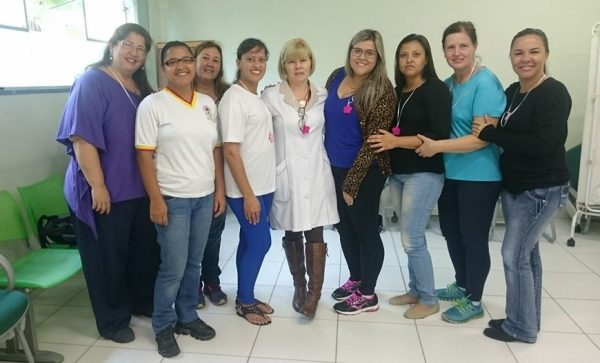
Yamilka Izquierdo with her fellow colleagues in Brazil.
According to the programme, Yamilka should have been able to take her family with her in less than three months. “Many doctors were able to do it” , she exclaims. But she was unlucky that there were problems with her daughter’s documentation and in the meantime the situation changed: “They closed the embassy, they cancelled the programme and that left us in limbo…. With the family in Cuba, with all the paperwork done and after two long years of waiting for an answer, we never got one”.
So she decided to start the documentation “through the normal channels” used by “emigrants”. She is still “waiting”, her daughter is still in Cuba and Yamilka cannot enter her country. It is “the punishment” for not having returned at the end of the mission. She has been 5 years without being able to hug her, talking to her only through the internet. Only once was she allowed to enter the country to see her. It was because she had serious psychological and psychiatric problems, and he asked for a humanitarian visa that allowed her to be with her for 15 days. Today, her little girl is 21 years old and for three years he has “not been able to hug her, not been able to kiss her”.
Stories like these lead to “despair” among the Cuban people, who “have lost the desire to live”, Yamilka reflects. “The political situation in Cuba is very depressing”, she says, “because of this situation in which a group of people believe they have the right to direct the lives of millions”. This has been possible thanks to the “level of indoctrination” that the communist regime has achieved. “It is a very well-designed strategy”, but “I am among those who realise that the story is not as they told it to you”.
She abhors “the double standards” of the Cuban leadership. “They are persecuting everyone, while they are stealing”, she says. That saddens her and fills her with anger. She has needed to walk away, to minimise the pain. But “I love Cuba, nobody can take that away from me”, she says. “I dream of walking through its streets again, I cry when I hear Cuban music, my skin crawls with the national anthem, I have two flags in my house and also a painting with a real palm tree that reminds me that I am Cuban all the time“. “They can take away my right to enter my homeland, but never the right to feel love for Cuba”.
Share this article
On This Day
No Events
History of Spain
26 August 2020
27 January 2021
Communism: Now and Then
23 December 2022
28 July 2021
